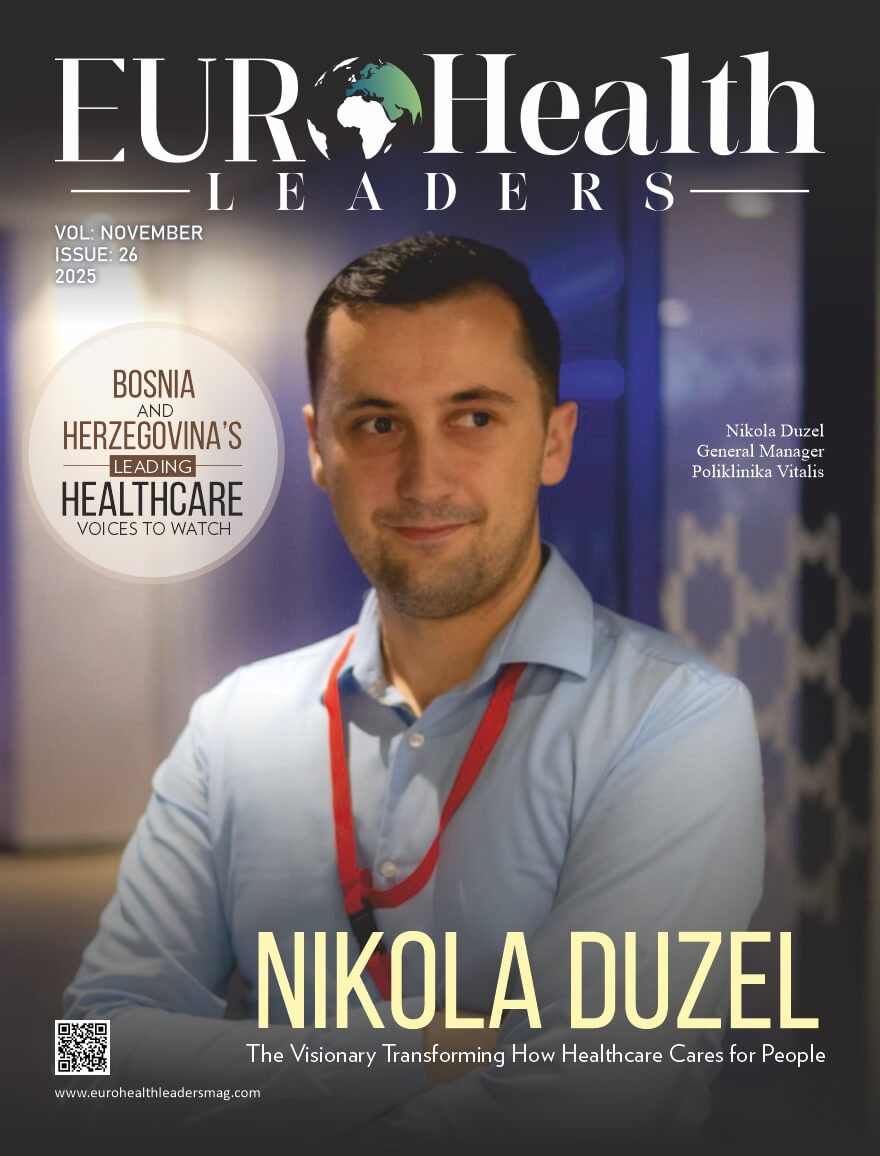Data Privacy
Data privacy has become one of the defining ethical issues for clinical research. Data privacy has become one of the defining ethical issues for clinical research in 2025. With the rapid growth of digital health data and cross-border collaborations, protecting patient information is no longer just a legal requirement; it is a moral responsibility. Breaches, misuse, or unclear data rights can put individuals at risk and weaken public trust, ultimately threatening the progress of medical research.
This article discusses the most critical ethical issues, privacy regulations, and emerging remedies shaping data protection in clinical studies across the globe.
Expanding Data Universe in Clinical Research
Modern clinical trials generate unprecedented amounts of information: electronic health records, signals from wearable devices, genetic sequences, and real-world inputs from mobile apps. Although this information can be of great importance in developing medicine, it exposes susceptibility. Even in cases where the anonymization techniques have been used, risks of identity theft, breach of privacy, and inappropriate secondary use remain.
Core Ethical Challenges
Clinical research today faces several critical ethical challenges when it comes to protecting data. The researchers have to struggle with complex issues to ensure patient information is secure, confidential, and used in a proper manner. Data confidentiality of participants in clinical studies is not a simple task, and researchers must confront various ethical issues. The major concerns are as follows:
-
Informed Consent
The consent form is often difficult to comprehend, and it is usually complicated. Many individuals struggle to understand how their data will be used, especially in future studies. Researchers should strike a deal between one-time consent and continued approvals, and they should ensure that the right to withdraw is effective and substantial.
-
Confidentiality and Data Re-Identification.
Although the data may be anonymized, it may still be re-identified by connecting the data to other large data sets. Confidentiality is becoming a complex issue to protect, particularly with data mining techniques.
-
Data Ownership
It is usually unclear who the owner, access, and beneficiary of the data is. This uncertainty may lead to conflict and mistrust, particularly when the study has more than one sponsor, site, and cross-border studies. Having clear accountability is very important to gain trust among the participants and stakeholders.
-
Regulatory Patchwork
The laws that govern privacy vary depending on the region, with the EU operating under GDPR, India under DPDP Act, state-level laws in the U.S., and China under PIPL. Multinational studies need to ensure that their practices comply with standards that are continuously evolving.
-
Cybersecurity Threats
Healthcare information and medical records remain one of the main priorities of cybercriminals. Hackings not only disrupt personal data but also may interrupt trials and destroy confidence. Serious security protocols are necessary.
Ethical Best Practices in Data Privacy
Researchers today face the challenge of balancing the immense scientific value of data with the fundamental rights of participants. Ethical best practices are helping researchers protect participant data. Consent forms are now simpler and ongoing, so participants clearly understand how their information will be used.
Privacy is designed by default, and such measures as encryption, de-identification, and strict access control are employed. Being transparent about how data is used also helps ensure accountability. In addition, clearly defined stewardship responsibilities in trial agreements are helping establish trust and clarity across multi-sponsor and multi-site studies.
Innovations and Future Directions
Looking ahead, forward-thinking institutions are adopting innovative approaches to reinforce privacy and build participant confidence. Better educational packages are helping individuals get informed on the risks and benefits of data sharing. There are digital trust seals and an independent audit that are being implemented to improve control and trust.
Meanwhile, the most recent trends, such as federated data models and synthetic data, are also allowing strong analysis, but minimizing the re-identification probability. Together, these innovations highlight a path forward where clinical research can leverage the full potential of digital data while safeguarding the rights and dignity of participants.
Conclusion
The privacy of data should be at the core of the ethical endeavor of clinical research, as it still adopts digital technologies. It is important to be transparent and trustworthy towards participants, as well as to be flexible to new practices and arising risks. Strong privacy practices not only safeguard individuals but also ensure that the scientific community can continue its work without facing ethical or legal setbacks.
By focusing on privacy, researchers will be able to contribute to the development of medical science in a responsible manner and establish trust in the community, as well as make sure that healthcare discoveries are actually beneficial to humanity and do not infringe upon individual rights and freedoms.









